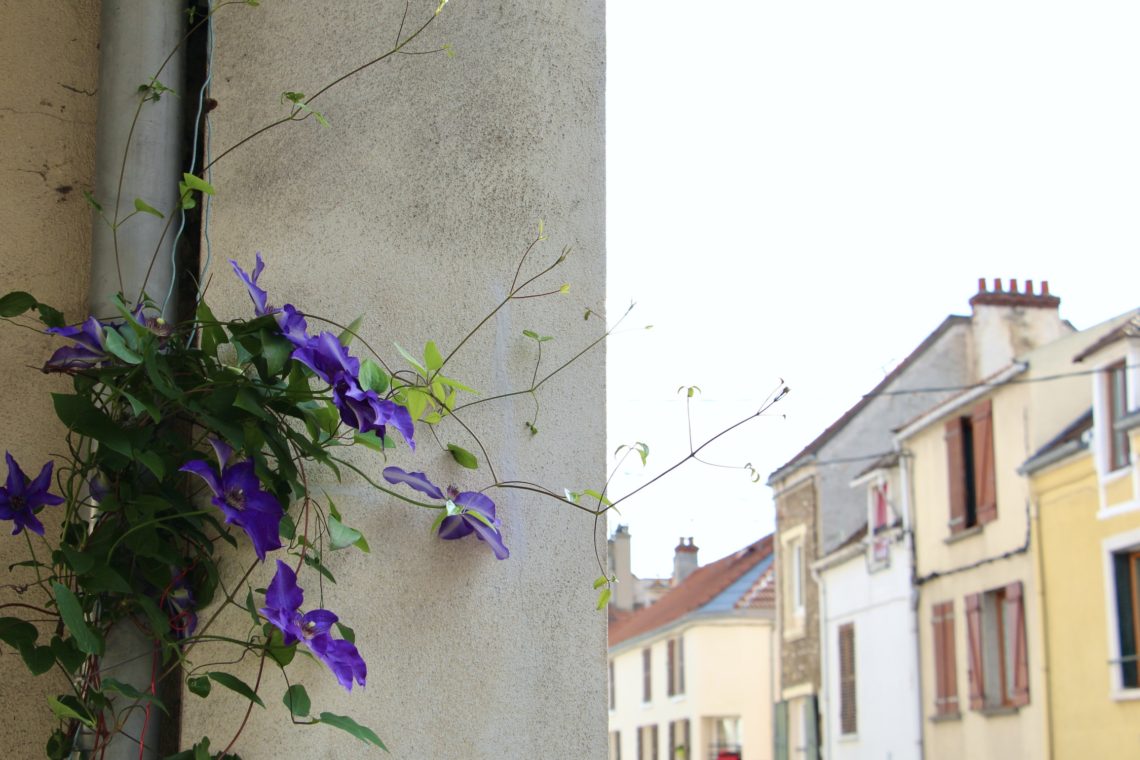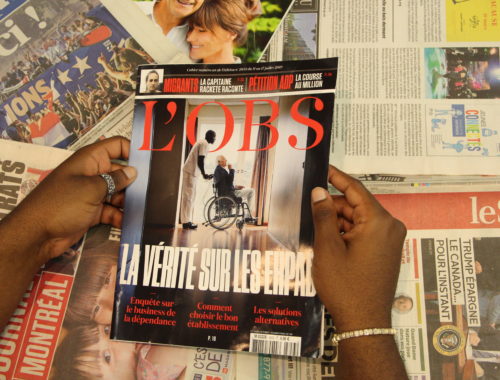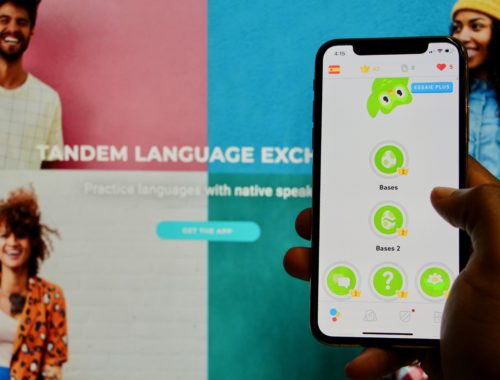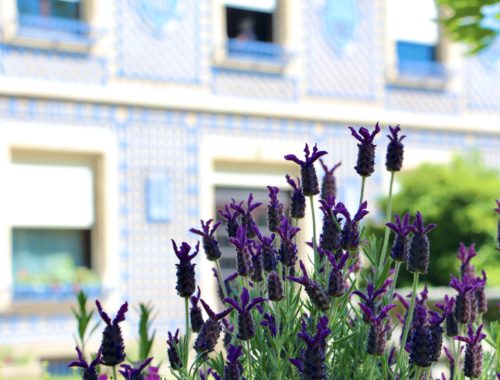
We Stopped Studying French: What Happens After Excellent Language Mastery
Maria began learning French in an American high school classroom at 14 years old, and my French-language journey began just after my 18th birthday. It’s been nearly a decade since Maria introduced me to le français, and four years since we first moved to France together. As anglophones who have achieved DALF C2 diplomas, taught English in French middle and high schools, earned master’s degrees from a French university, and currently work full-time jobs in France, you could say our French skills are pretty well-developed! As such, one of our readers recently asked us the following question:
Hi Jalen and Maria!
I would love to read how you approach French now that you have already graduated from university and are working and living in France and have mastered the language at a very advanced level. Do you actively work to improve your language skills, or do you just “go with it” and soak up what you can learn in your daily and professional life?
I have a C2 level in three languages (one of them almost at native level), and yes, sure, you can learn a new phrase here and there, but progress is much slower when you are at an advanced level. It would be really interesting to hear your opinion on this.
The short answer is that we don’t deliberately sit down for French study sessions anymore, and we haven’t for quite a while, but that doesn’t mean we’ve stopped learning French. Let’s talk more about it!
For the first four years of her quest to learn French, Maria used a combination of classroom French, independent study, and conversation with native speakers to improve her skills. She quickly became proficient and excelled both inside and outside of the classroom. When we got together during our senior year of high school, her passion for all things French rubbed off onto me, and she became my personal French tutor. Though I never took any French classes in high school, I occupied every spare moment by listening to French-learning podcasts, watching YouTube videos in French, writing French journal entries, and finding language partners online. In short, we spent a lot of our teenage free-time studying French.
When we went off to college and both chose French as one of our majors at an academically rigorous institution, our French study schedule only became more intense. When we weren’t working on French homework, analyzing French and francophone literature, writing French papers, or practicing the French phonetic alphabet, we were watching French films, listening to French music, and speaking French with each other. We went to French conversation classes with native speakers, participated in every modern language event on campus, and even spent spring break in francophone Canada on a study abroad trip. All of this hard work culminated in presenting our undergraduate theses in French, graduating with honors from our university, and passing the DALF C2 exam, the highest achievable credential for French as a foreign language.
After packing our bags to move to France as English Language Assistants with the Teaching Assistant Program in France (TAPIF), we pulled away from actively studying French for the first time in years. During our time in Troyes, France, we traded textbooks for real-life conversations. In favoring authentic experiences like going to see movies at the French movie theatre or chatting with French coworkers over lunch, we finally had the chance to put our hard-earned language skills to use. We had reached a very comfortable level of fluency, and accomplished our daily tasks in France with ease. For these reasons, intensive French study sessions naturally fell out of our routine. Our French continued to improve, particularly our oral expression and our vocabulary – but without deliberate studying.
Though we did a lot of studying over the course of our subsequent master’s degree studies at the Université de Reims Champagne-Ardenne, none of it was focused specifically on enhancing our French-language skills. Did working an alternance (work-study internship) accelerate my industry-specific French-language proficiency? Yes! Did writing a mémoire (French master’s thesis) take Maria’s written French expression to the next level? Definitely! Yet, the improvements we saw in our French mastery weren’t gained from targeted studying like we did during our undergraduate degrees in the US. Instead, our French graduate studies and day-to-day in France enhanced our language abilities automatically.
Had our master’s degree graduation ceremony at @universitereims today! 👨🏾🎓👩🏻🎓🇫🇷 pic.twitter.com/JBXw0j09Ma
— Jalen & Maria | Americans in France (@The_Francofile) December 3, 2022
Now that Maria and I both work full-time jobs in France, we still haven’t added studying French back into our lives. We both speak French every single day at work, as well as when we run errands, go to the doctor, visit cultural sites, eat at restaurants, and pretty much any other activity you can think of. Plus, we consume French media and art regularly. At the level we’ve attained, we simply don’t feel the need to study French anymore. Even now, though, we learn new words, phrases, concepts, and jokes almost daily. For example, Maria recently learned how to say la nappe phréatique (the groundwater table) during a conversation at work about the weather, and I discovered the word vente-sauvetage (salvage sale) through an email thread with colleagues. We’re pretty sure that our French expertise will only continue to grow over time, even without any real studying.
In brief, our active studying morphed into passive learning when we moved from the US to France in 2019, but our French-language capabilities have been trending upwards all along. We studied French industriously until we knew we were capable of going about our everyday routine in France, completing higher education at a French university, and working full-time in a French workplace. Had we not reached such a high level of mastery of the French language before ever moving to France, we would have continued studying for however long it took to reach our goals. We’ll just have to wait and see how our French-language learning habits evolve over time! Have you learned a foreign language to fluency? Let us know how your experience coincides with or differs from ours in a comment.
You may also like…
You May Also Like

Five Reasons the News is a Great French-Learning Resource
October 1, 2019
Using Technology to Learn French
October 16, 2019

